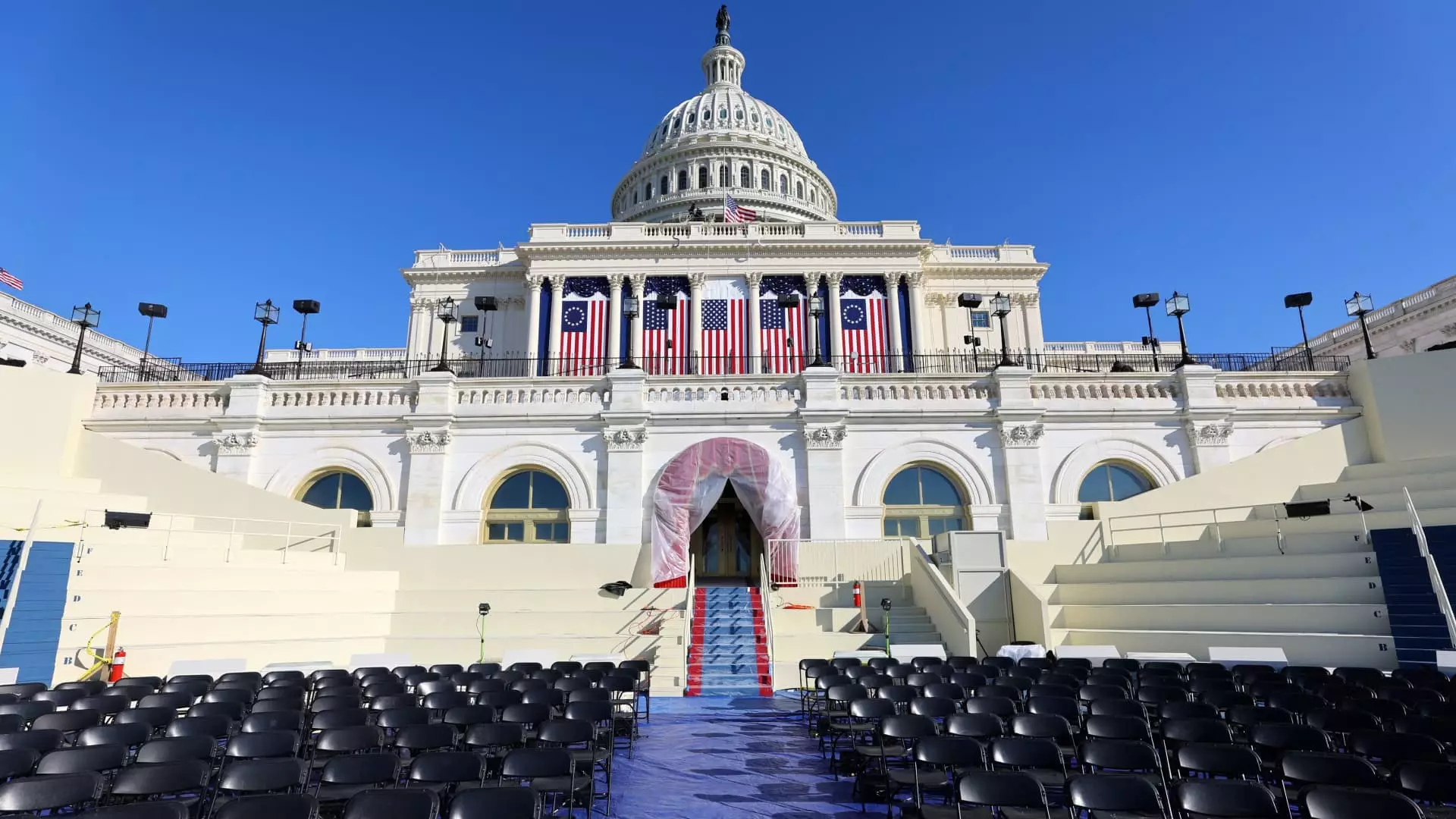Recent discussions in the Senate highlight rising concerns over transparency within presidential inaugural committees, echoing apprehensions about potential misuse of funds. As corporate interests and affluent benefactors inject substantial sums into the political climate, the call for stringent oversight has never been more pressing. Senator Catherine Cortez Masto from Nevada spearheads this movement, emphasizing that the American populace deserves to comprehend the origins and deployment of funds associated with such significant national events.
Senator Cortez Masto’s latest endeavor, the “Inaugural Committee Transparency Act,” aims to impose rigorous reporting requirements on these committees. The proposed legislation mandates disclosure of individuals and vendors receiving payments exceeding $200, coupled with clarity on the purpose of each expenditure. This legislative measure seeks to curb a history characterized by opacity and potential abuse, where fundraising efforts morph into opportunities for personal gain and favoritism.
The proposed framework is ambitious; it seeks not only immediate transparency but also provisions that would ensure leftover funds are allocated for charitable purposes within a defined period post-inauguration. This would forestall any potential conversion of funds for personal use or allow anonymity for large benefactors who might influence governmental processes behind closed doors.
Inaugural committees, traditionally tasked with orchestrating ceremonial events, have seen unprecedented levels of fundraising. The influx of cash is particularly notable in the context of recent elections, with records shattered during previous inaugurations. For instance, the first inaugural committee for Donald Trump raised an astonishing $107 million, only to be eclipsed by a forecast of $200 million for the upcoming ceremony. Such colossal sums raise red flags regarding the potential for quid pro quo arrangements between donors and the incoming administration.
The current legislative proposal aligns with a growing sentiment among lawmakers, particularly among Democrats, regarding the necessity to maintain checks and balances on financial contributions influencing federal governance. With no cap on donations and scant requirements for disclosure on expenditure, the existing framework permits a lack of accountability that can easily be exploited.
As the date of the inauguration approaches, uncertainty looms over the incoming administration regarding the use of these impressive financial resources. The hesitations surrounding the planned events signal an urgent requirement for accountability and transparency in the handling of inaugural funds. Senate Democrats, through legislative actions spearheaded by leaders like Cortez Masto, seek not merely to illuminate the sources of financial support but to ensure that future inaugurations do not fall prey to the pitfalls of cronyism or financial improprieties.
In essence, the call for transparency is a clarion call for the integrity of the democratic process itself, ensuring that the fundamental principles of oversight, accountability, and public trust remain paramount in the political sphere.


Leave a Reply